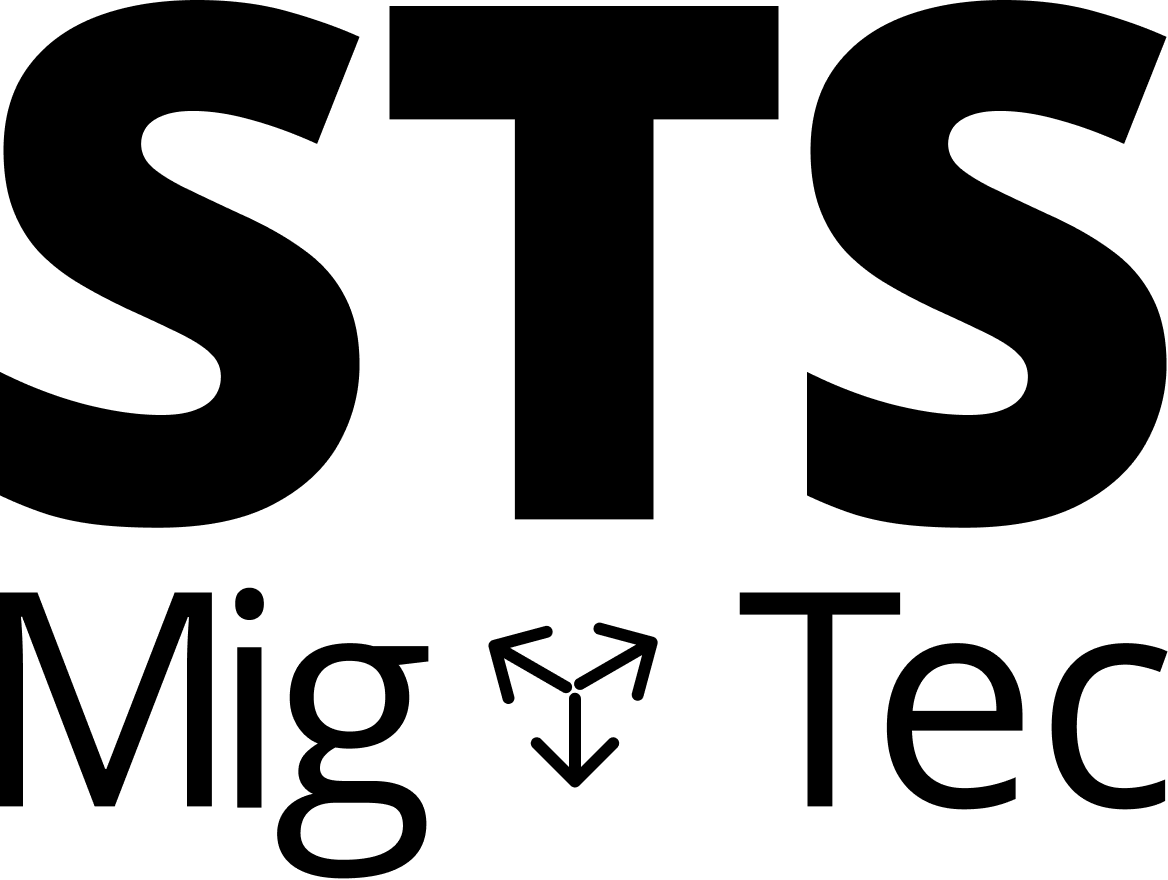Online with Alizée Dauchy, Post-doctoral Researcher in International Studies, University of Trento.
In the context of the European Union Emergency Trust Fund for Africa, Niger has been actively committed to migration control in West Africa. To enable better comprehension of the making of security in Niger, the article “Dreaming Biometrics” studies the implementation of three biometric system (Wapis, Midas and Bims) under the EU Trust Fund by international agencies (Interpol, the International Organization for Migration, and the UNHCR) and national actors. Drawing on in-depth interviews, observation at the border and anthropology of aid studies, I focus on heterogeneous actors’ situated discourses and practices to demonstrate that they do not share the same dream about biometrics.
The article, as a first attempt to fill the “empirical gap between discourse of biometric capability and operational realities” (Singler 2021), outlines the need to move away from the rhetoric of regional and international organisations, states and private actors on digital innovation and to look at how technology is (not) implemented at the border. Studying the materialities of the borderscape means to focus on interaction more than properties as a methodological starting point for the research (Fischer 2018). By doing so, this presentation outlines the importance of the social and geographical contexts in which security devices are deployed and how it shapes or constrains the deployment of these systems and invites to escape also from a certain techno-hype or techno determinism in the Global South.
Sign up for the event using the form here: https://forms.gle/TZZSJmvRP34N42uPA
